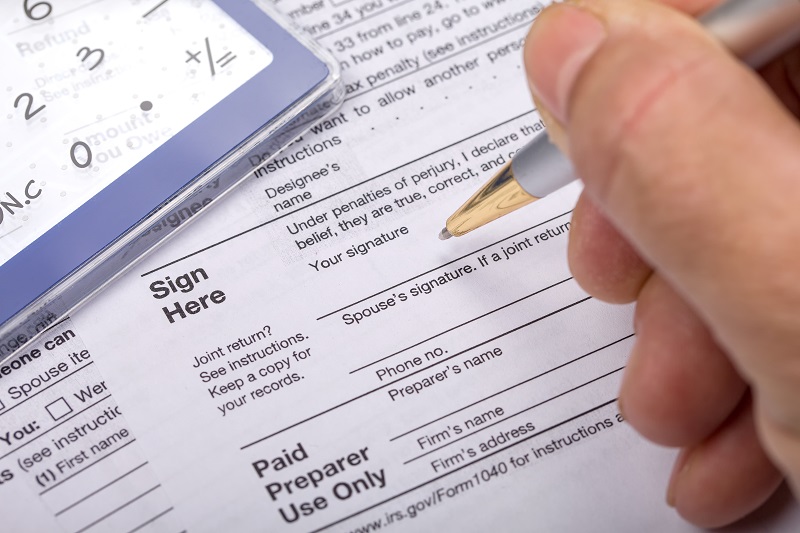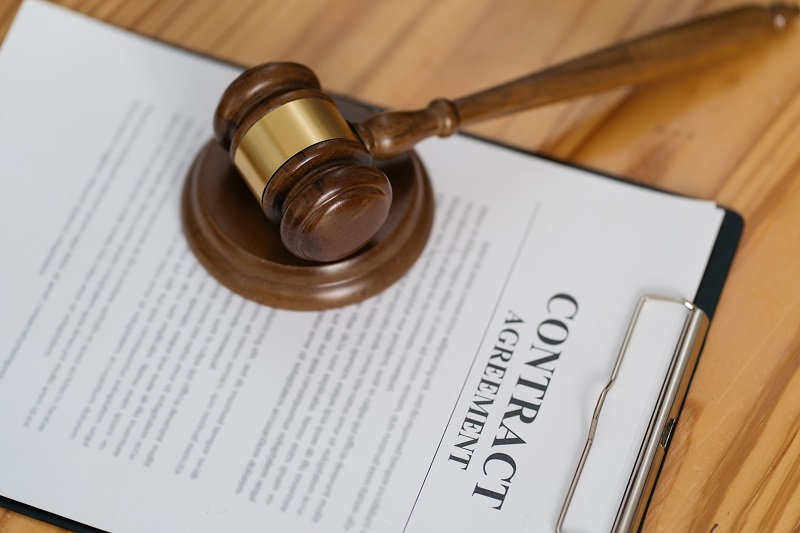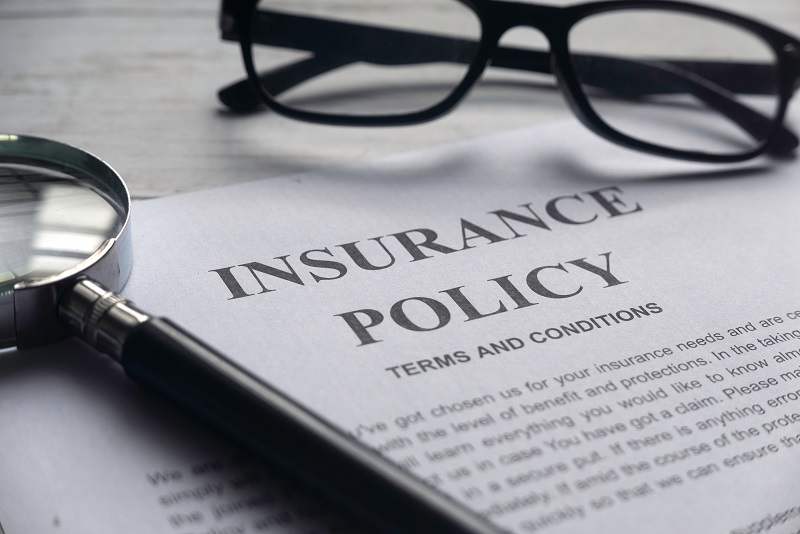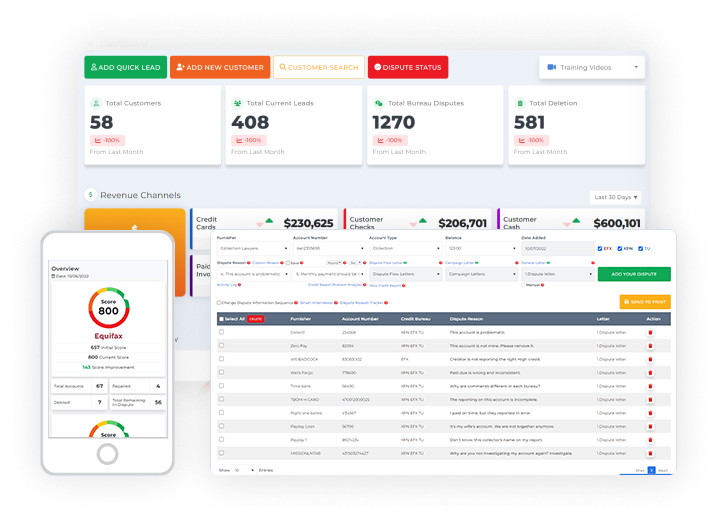Before starting a credit repair business in Michigan, it’s important to understand the legal landscape. This article will walk you through the laws and regulations that apply to credit repair businesses in Michigan, helping you to stay compliant and avoid legal issues.
Choose a Business Name

Choose a name that is not already taken and complies with Michigan’s business name requirements.
Availability:
Your business name must be unique and not already in use by another business in Michigan. You can check the availability of a business name by conducting a name search through the Michigan Department of Licensing and Regulatory Affairs (LARA) website.
Unincorporated Business Name:
If you plan to operate your credit repair business under a name that is different from your legal name or the name of your corporation, LLC, or partnership, you must register an Unincorporated Business Name (UBN) with LARA.
Name Approval:
Once you have selected a unique name for your business, you must obtain approval from LARA. You can file a Name Reservation Form online or by mail to reserve your business name for 6 months.
Name Restrictions:
Your business name must not imply that your credit repair business is a government agency, bank, or insurance company. Your business name should also not be misleading or deceptive in any way.
It is important to choose a name that is professional, easy to remember, and reflects the nature of your business. Once you have selected a name that meets the requirements, you can proceed with registering your business with the State of Michigan.
Choose a Business Structure

Choose a business structure that suits your business needs, such as a sole proprietorship, partnership, LLC, or corporation.
Sole Proprietorship:
This is the simplest and most common form of business structure. It is owned and operated by one person who is personally liable for all business debts and obligations.
Partnership:
A partnership is owned and operated by two or more people who share in the profits and losses of the business. Partners are personally liable for all business debts and obligations.
Limited Liability Company (LLC):
An LLC is a popular choice for small businesses because it offers personal liability protection for the owners. Members of an LLC are not personally liable for the debts and obligations of the business.
Corporation:
A corporation is a legal entity that is separate from its owners. It offers personal liability protection for the shareholders but is subject to more regulation and taxation than other business structures.
Register Your Business with the State of Michigan:

Register your business with the Michigan Department of Licensing and Regulatory Affairs (LARA) by filing Articles of Incorporation, Articles of Organization, or other applicable documents depending on your business structure.
To register your credit repair business with the State of Michigan, you will need to file the appropriate registration documents with the Michigan Department of Licensing and Regulatory Affairs (LARA).
The specific documents you will need to file depend on the structure of your business, such as whether it is a sole proprietorship, partnership, LLC, or corporation.
Here are the steps to register your credit repair business with the State of Michigan:
Choose Your Business Structure:
Choose the business structure that best suits your business needs.
Name Availability Check:
Conduct a name availability search through the LARA website to ensure that your business name is available for use.
Register Your Business:
File the appropriate registration documents with LARA. You can file online or by mail. Depending on your business structure, you may need to file Articles of Organization, Articles of Incorporation, or other registration documents.
Obtain an EIN:
Obtain an Employer Identification Number (EIN) from the Internal Revenue Service (IRS).
Obtain a Surety Bond:
Michigan does not currently require a surety bond. However, you should consult with the Michigan Attorney General’s Office to obtain the most recent information.
Register with the Michigan Department of Attorney General:
Register with the Michigan Department of Attorney General as a credit services organization (CSO) by filing the CSO registration application and paying the registration fee.
Obtain Necessary Licenses and Permits:
Depending on the location and nature of your business, you may need to obtain certain licenses and permits, such as a general business license or a sales tax license.
It is recommended to consult with a legal or business professional familiar with Michigan regulations to ensure that you are in compliance with all applicable laws and regulations when registering your credit repair business with the State of Michigan.
Obtain an EIN:

Obtain an Employer Identification Number (EIN) from the Internal Revenue Service (IRS).
Go to the IRS Website:
Go to the IRS website and click on “Businesses” in the top menu.
Click on "Employer ID Numbers":
Under the “Businesses” menu, click on “Employer ID Numbers” to access the EIN application.
Choose the Appropriate Entity Type:
Select the appropriate entity type for your credit repair business, such as sole proprietorship, partnership, LLC, or corporation.
Complete the Online Application:
Complete the online application by providing your business information, including your name, address, and Social Security Number (SSN) or Individual Taxpayer Identification Number (ITIN).
Review and Submit the Application:
Review the application to ensure that all the information is accurate, and then submit it to the IRS.
Receive your EIN:
Once the application is processed, the IRS will assign your business an EIN. You will receive your EIN immediately upon completion of the online application.
Having an EIN is important for several reasons, such as opening a business bank account, filing taxes, and hiring employees. Make sure to keep your EIN in a safe place and use it whenever required by the IRS or other government agencies.
Obtain a Surety Bond

Michigan does not currently require a surety bond. However, you should consult with the Michigan Attorney General’s Office to obtain the most recent information.
Register with the Michigan Department of Attorney General

Register with the Michigan Department of Attorney General as a credit services organization (CSO) by filing the CSO registration application and paying the registration fee.
Obtain a Copy of the CSO Registration Application:
The CSO registration application can be obtained from the Michigan Department of Attorney General’s website or by contacting their office directly.
Complete the CSO Registration Application:
Complete the CSO registration application by providing your business information, including your business name, address, phone number, and email address.
Attach Required Documents:
Attach the required documents, such as a copy of your surety bond and a sample of the written contract that you provide to clients.
Pay the Registration Fee:
Submit the completed application and pay the required registration fee.
Wait for Approval:
After submitting your application, you will need to wait for approval from the Michigan Department of Attorney General. Once approved, you will receive a CSO registration number.
It is important to note that credit repair businesses are required to renew their CSO registration annually with the Michigan Department of Attorney General. Make sure to keep your registration current to avoid any legal or regulatory issues.
Provide a Written Contract

Provide a written contract to clients that outlines the services to be provided, the total cost, and the terms of payment.
Notice of Cancellation:
The contract must include a statement informing clients of their right to cancel the contract within three days of signing without penalty.
Description of Services:
The contract must include a detailed description of the services to be provided by the credit repair business, including any guarantees or promises made to clients.
Disclosure of Legal Rights:
The contract must disclose to the client that they have the right to dispute inaccurate information on their credit report without the assistance of a credit repair business.
Notice of Credit Counseling:
The contract must include a statement advising clients to seek credit counseling services if they need assistance in managing their finances.
Contact Information:
The contract must include the credit repair business’s name, address, and contact information.
It is important to ensure that your written contract complies with all applicable laws and regulations in Michigan. It is recommended to consult with a legal or business professional familiar with Michigan regulations to ensure that your contract meets all necessary requirements.
Follow the Credit Services Protection Act (CSPA)

Comply with the Michigan Credit Services Protection Act, which regulates credit repair businesses and outlines prohibited practices.
The Michigan Credit Services Protection Act (CSPA) is a state law that regulates credit services organizations (CSOs) operating in Michigan. The purpose of the law is to protect consumers from deceptive and fraudulent practices by credit repair businesses, debt settlement companies, and other CSOs.
Under the CSPA, CSOs in Michigan are required to register with the Michigan Department of Attorney General and CSOs must provide clients with a written contract that outlines the services to be provided, the total cost, and the terms of payment. The contract must include a notice of cancellation, a description of services, and a disclosure of the client’s legal rights.
The CSPA also prohibits CSOs from engaging in certain practices, such as charging upfront fees before services are provided, making false or misleading statements, and advising clients to dispute accurate information on their credit reports. CSOs are also required to maintain records of all transactions with clients for a period of three years.
Violations of the CSPA can result in civil penalties, including fines and restitution to affected consumers. The law also provides consumers with a private right of action to seek damages against CSOs that violate the law.
It is important for credit repair businesses operating in Michigan to comply with the CSPA to avoid legal and regulatory issues.
There are several federal laws that apply to credit repair businesses operating in Michigan and other states. Here are some of the key federal laws that credit repair businesses must comply with:
The Credit Repair Organizations Act (CROA):
This federal law regulates credit repair businesses and prohibits certain practices, such as charging upfront fees, making false or misleading statements, and advising clients to dispute accurate information on their credit reports.
The Fair Credit Reporting Act (FCRA):
This federal law regulates the collection, dissemination, and use of consumer credit information by credit reporting agencies. FCRA also provides consumers with certain rights, such as the right to access their credit reports and dispute inaccurate information.
The Truth in Lending Act (TILA):
This federal law requires lenders to disclose certain information about the terms and costs of credit to consumers. It also regulates advertising and marketing practices related to credit products.
The Equal Credit Opportunity Act (ECOA):
This federal law prohibits discrimination in lending practices based on race, color, religion, national origin, sex, marital status, age, or receipt of public assistance.
The Fair Debt Collection Practices Act (FDCPA):
This federal law regulates debt collection practices and prohibits certain abusive or deceptive practices, such as harassing consumers, making false or misleading statements, and engaging in unfair practices.
Obtain Necessary Licenses and Permits

Depending on the location and nature of your business, you may need to obtain certain licenses and permits, such as a general business license or a sales tax license.
Business Registration:
All businesses operating in Michigan are required to register with the Michigan Department of Licensing and Regulatory Affairs (LARA). Depending on the structure of your business, you may need to file Articles of Organization, Articles of Incorporation, or other registration documents.
Sales Tax License:
If your credit repair business sells tangible goods, you may need to obtain a sales tax license from the Michigan Department of Treasury.
Zoning and Land Use Permits:
Depending on the location of your business, you may need to obtain zoning and land use permits from the local government.
Employer Identification Number (EIN):
If your credit repair business has employees, you will need to obtain an EIN from the Internal Revenue Service (IRS).
Obtain Business Insurance:

Consider obtaining business insurance to protect against potential risks and liabilities.
General Liability Insurance:
This type of insurance can protect your business from liability claims arising from property damage, bodily injury, or advertising injury. It can also cover legal defense costs if you are sued.
Professional Liability Insurance:
This type of insurance, also known as errors and omissions insurance, can protect your business from claims arising from errors or negligence in your services. It can also cover legal defense costs if you are sued.
Cyber Liability Insurance:
This type of insurance can protect your business from cyber-attacks, data breaches, and other cyber-related risks. It can cover expenses such as notification costs, credit monitoring services, and legal defense costs.
Worker's Compensation Insurance:
If your credit repair business has employees, you may be required to have workers’ compensation insurance to cover medical expenses and lost wages if an employee is injured on the job.
As you can see, starting a credit repair business in Michigan requires a thorough understanding of the legal landscape. By staying up-to-date on the laws and regulations that apply, you can provide valuable services to your clients while avoiding legal issues. We hope that this article has been helpful in guiding you through the process of starting a credit repair business in Michigan.
Bonus: Now that you have read this article, why not take your new skill and start your own credit business helping others? We have free training that can help you do just that.



